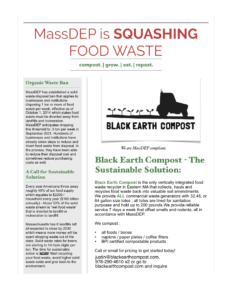Take Action
Solutions you or your organization can implement today to reduce your footprint
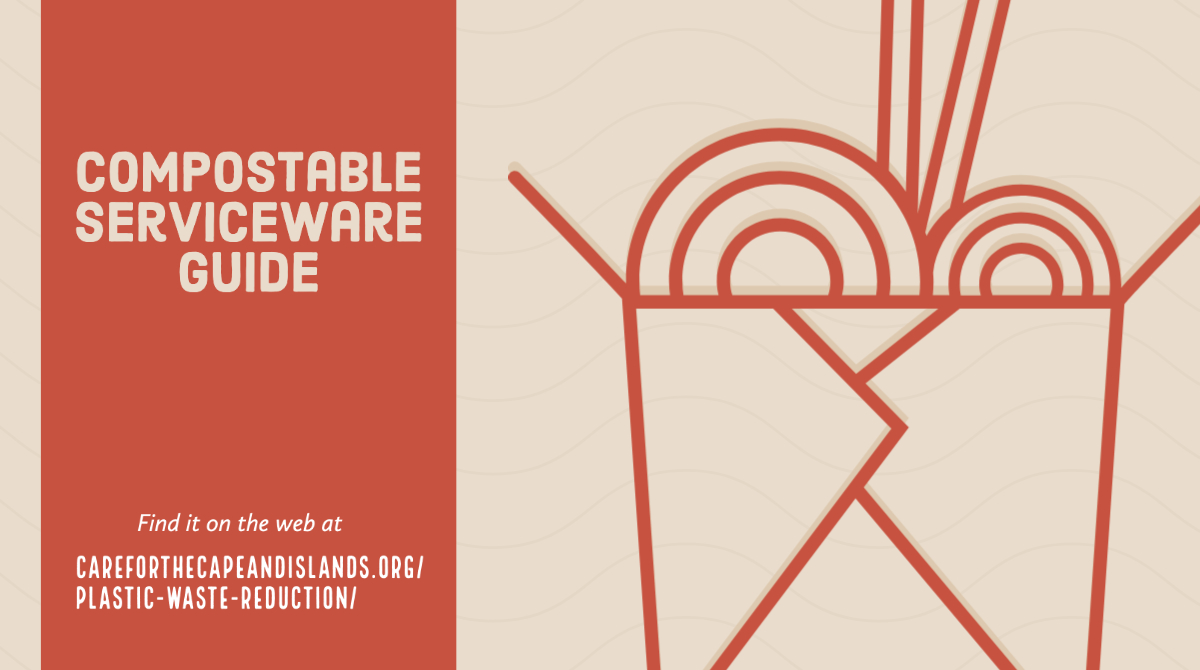
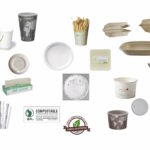
The summits began in November 2018 when CARE for the Cape & Islands, along with the Center for Coastal Studies and Cape Cod Anti-Litter Coalition, brought more than 50 people together for “CARE About a Clean Cape & Islands: Protecting our Environment from Plastic Pollution and Litter.” Participants represented local Chambers of Commerce, NGOs, businesses and government agencies, all with the goal to work collaboratively toward solutions.
The summit participants created five working groups to focus on key issues between summit meetings. The Cooperative Purchasing Working Group formed to assist businesses by identifying environmentally-friendly products and provide information on where they may be purchased. The group hopes to establish a means to reduce costs for local businesses in the future by facilitating bulk purchasing. This Buying Guide is the first step toward achieving its goals. We would especially like to thank Christine Shreves of the Wellfleet Recycling Committee and Stephanie Murphy of Woods Hole Sea Grant for all their efforts to complete this guide.
MA Food Waste Bans for Businesses and Institutions:
Effective October 2022, MA DEP lowered the thresh hold on food waste for commercial entities that generate food waste, to 1/2 ton per week.
We welcome feedback at hello@takecarecapecod.org and encourage you to share this guide with anyone who might find it useful.
Water Refill Stations
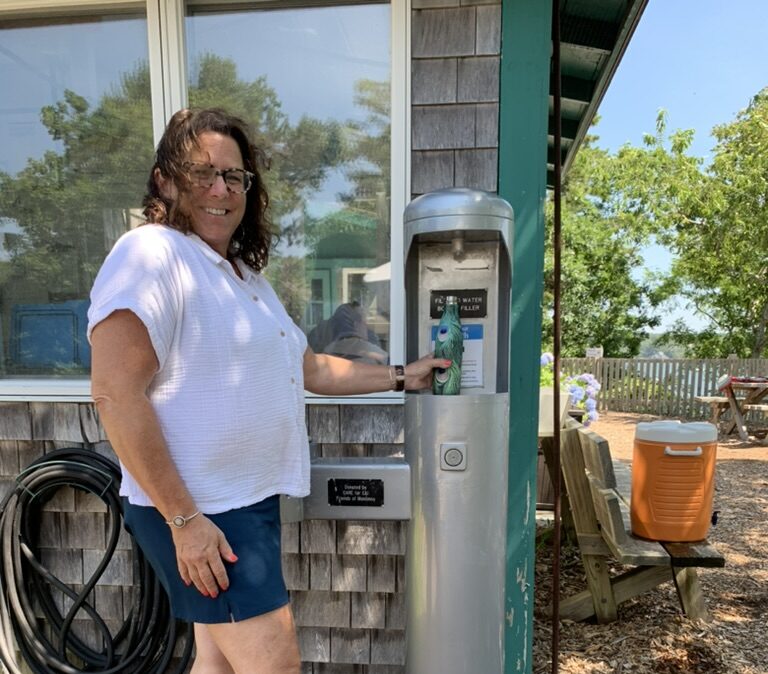
To date CARE has provided funding to help install the following water filling stations and we look forward to supporting more. Below is a listing of the locations.
- Chatham fish pier water refill station. Located at 45 Barcliff Ave, Chatham. ( Exterior)
- Kate Gould Park Water Refill Station. Located at 15 Chatham Bars Ave, Chatham ( Exterior)
- Shark Center found within the Atlantic White Shark Conservancy. Located at 235 Orleans Rd, Chatham. ( Interior).
- Pleasant Bay Community Boating. Located at 2287 Route 28, Chatham. ( Exterior)
- Chatham Marconi Maritime Center. Located at 847 Orleans Rd, Chatham.
- Cape Cod National Seashore Salt Pond Visitor Center. Located at 50 Nauset Rd, Eastham. ( Exterior)
- Cape Cod National Seashore Coast Guard Beach. Located in Eastham, ( Exterior)
- Eastham Visitor Center. Located on Route 6. Eastham.
- Heritage Museums and Gardens. Located at 67 Grove Street, Sandwich. (Exterior)
- Highland Light. Located at 27 Highland Light Rd, North Truro. ( Interior)
- Marconi Beach. Located in Wellfleet. ( Exterior)
- Mayo Beach Recreation Center. 70 Kendrick Ave, Wellfleet. ( Exterior)
- Shark Center Provincetown. Located at 16 Macmillan Pier. Provincetown, (Interior)
- Cape Cod Museum of Natural History. 869 Main Street/Route 6A, Brewster, ( Interior)
- Cape Cod Children’s Museum, 577 Great Neck Rd S, Mashpee (Interior)
We have provided this guide as a resource to help anyone who is interested in installing an indoor or outdoor water station. This is simply a guide. Because information changes regularly, please contact the noted companies directly to confirm pricing and details.
Composting
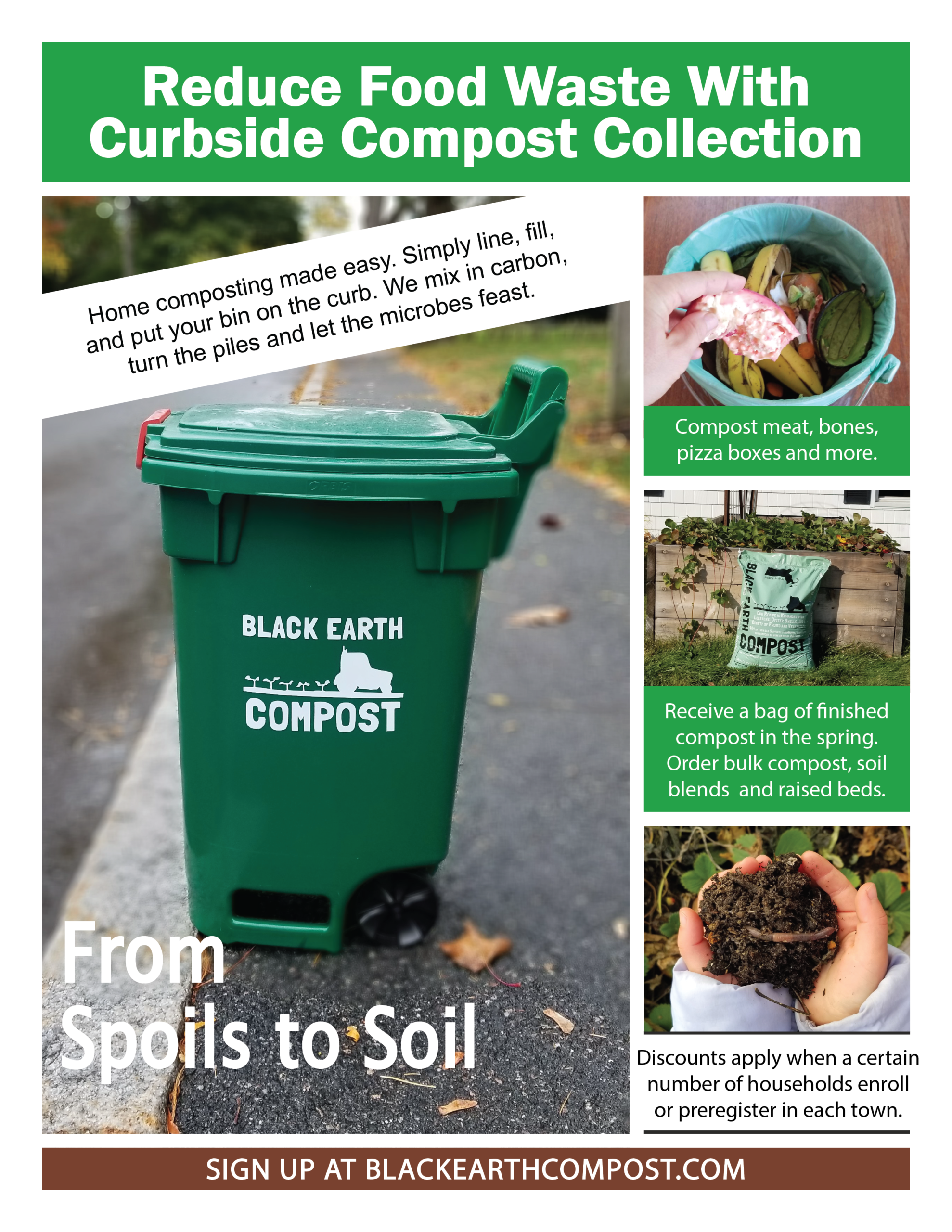
Skip the Straw
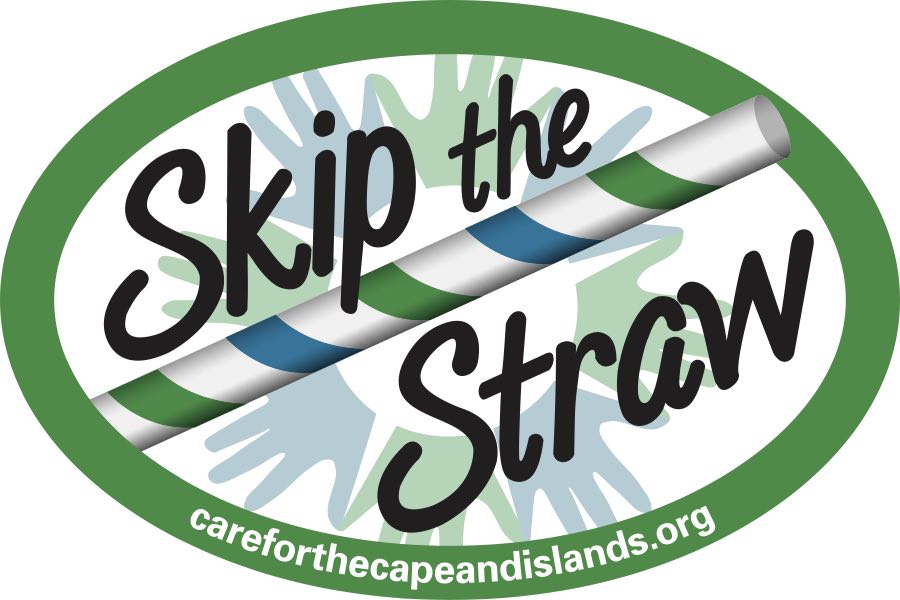
Skip the Straw
Every single day thousands of pounds of plastic end up in the ocean. The most common items found during beach clean ups are single use plastics like straws, but include other items such as beverage bottles, stirrers and food wrappers. Items such as these create litter, kill our marine life and enter our food supply when consumed by the fish we eat.
Did you know… Americans use 500 million drinking straws every single day? Although an astonishing number, we have the opportunity to reduce the usage of straws, and greatly reduce the amount of our single plastic use. The economy of Cape Cod and the Islands is reliant upon our natural environment, pristine beaches and clean ocean. We are asking for your help to CARE For The Cape & Islands and Skip the Straw.
Watch this video to learn more.
Celebrate National Skip the (Plastic) Straw Day, February 22. See how one local group took action to combat plastic in the ocean by viewing this video.
A grant was provided for this campaign from Lawrence-Lynch Corp Foundation for Charitable Giving for the Cape Cod Foundation.

1) IF you wish to use straws, commit to using only reusable or naturally composting (paper) straws.
2) When dining out, kindly tell your server “No Straw, Please” before it is placed in your glass.
3) Educate your staff and customers of the need to protect our environment from plastic straws.
4) Share your plastic straw-free success with your friends, family, peers and other business owners.
For more information contact: info@careforthecapeandislands.org
Frequently Asked Questions
WHY PLASTIC STRAWS?
We already know that plastic bags and soda can rings are bad for the environment and end up in the ocean. Few people realize that straws are among the top ten items found during beach clean ups and can do so much harm to seabirds, turtles and other marine creatures.
As an item of convenience for the vast majority of us, we believe refusing the single-use plastic straw is the easiest and simplest way for everyone to take action today to address plastic pollution. If we all take the pledge to refuse single-use plastic straws we will see a significant decrease in the number of straws found in our environment. Hopefully, it will pave the way to reducing other contributions to plastic pollution.
WHAT OPTIONS ARE THERE TO USING PLASTIC STRAWS?
Some people like using a straw and some people need to use one. There are many options to choose from including reusable stainless steel straws (CARE has these for sale), glass straws, reusable plastic straws, and even bamboo straws.
WHAT ABOUT COMPOSTABLE STRAWS?
Unfortunately it is true that some products that are sold as “biodegradable,” including straws, do not actually compost. Compostable plastic straws are no better than regular plastic straws when they get into the marine environment. They are designed to break down in compost facility conditions, not in seawater. That is why we support the switch to paper straws, not compostable plastic straws.
HOW DO PLASTIC STRAWS GET INTO THE OCEAN?
Plastic straws end up in the ocean primarily through human error, often 1) left on beaches in coastal communities and seaside resorts globally 2) littered OR 3) blown out of trash cans (oftentimes overfilled), off tables at outdoor restaurants, or transport boats and vehicles.
If littered on the streets they end up in gutters and storm drains that lead to our ocean!
WHAT HAPPENS ONCE THEY’RE IN THE WATER?
An estimated 71% of seabirds and 30% of turtles have been found with plastics in their stomachs. When they ingest plastic, marine life has a 50% mortality rate. What would our oceans be without marine life?
(source: Communication with Chris Wilcox, CSIRO, primary and contributing author to both studies cited)
What’s equally as bad, perhaps even worse is that when plastic does make it into the ocean it breaks down into smaller and smaller pieces known as “microplastics” rather than biodegrading or dissolving, which poses great threats to marine life including fish.
- The information above has been compiled from a variety of sources including Eco-cycle, Ocean Conservancy, Plastic Pollution Coalition, Strawless Ocean and 5 Gyres.
Cigarette Litter
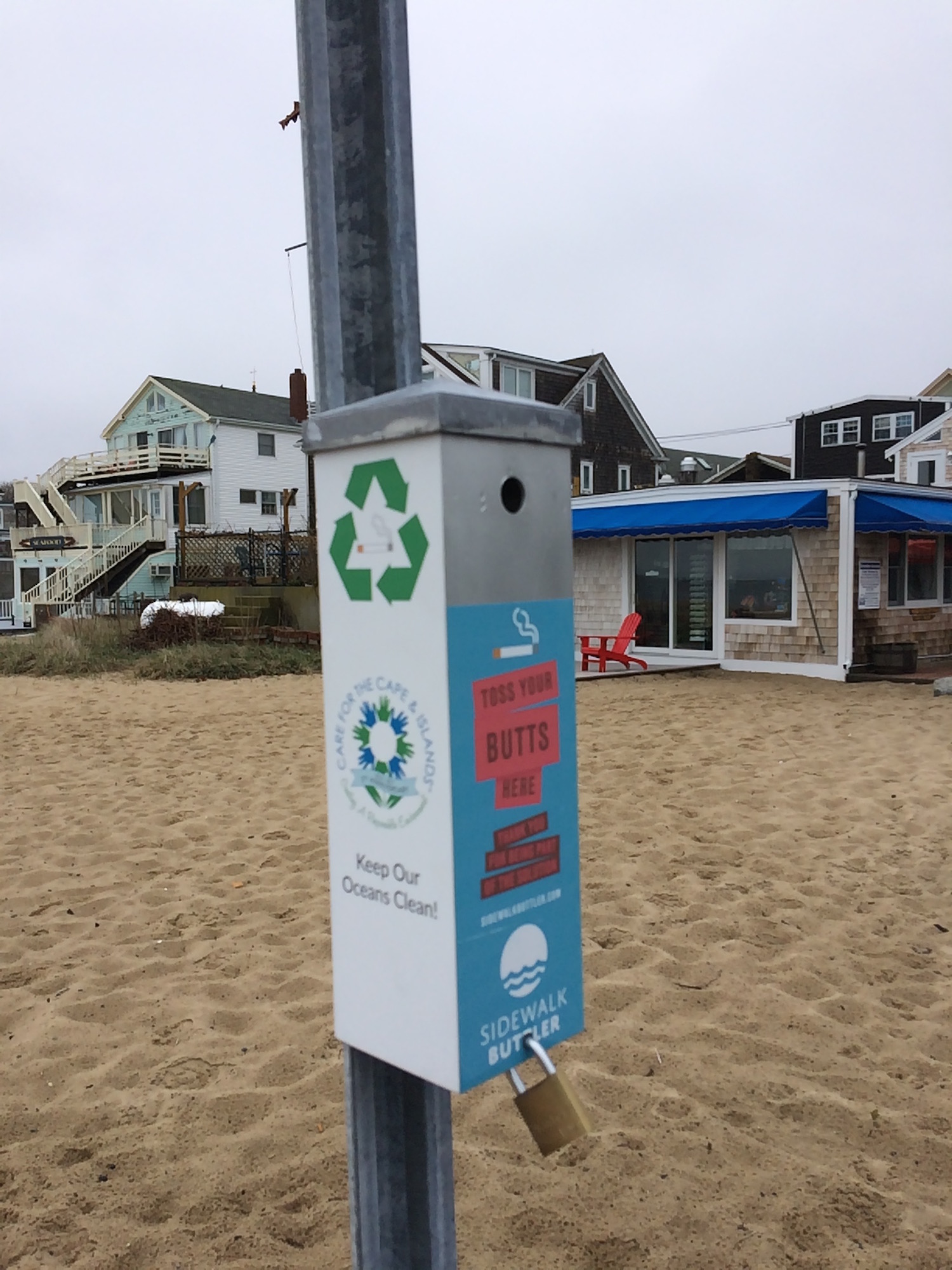
Did you know?… cigarette butts are one of the most littered items on the planet. Trillions of cigarettes are smoked around the world each year and an estimated third of those cigarette butts actually make it into the trash. Contrary to popular belief, cigarette butts are not made of cotton or paper, they are primarily plastic and contain hundreds of toxic chemicals. Cigarette butts take years to disappear from the environment and the chemicals they contain can kill plants, insects, rodents, fungus and other life forms. Research suggests that their presence in the natural environment may significantly damage surrounding plant growth. They are also harmful to young children and pet dogs who may find them on the ground and ingest them.
We also can’t forget about e-cigarettes and how this new form of cigarette plastic pollution has become increasingly present. The use of e-cigarettes has skyrocketed, especially among the youth, and so has the need of proper disposal since they are viewed as both hazardous waste and e-waste.
Cigarette butts, cigars and e-cigarettes are a common eyesore on our streets, parking lots, parks, beaches and waterways. It is imperative to ensure the proper disposal of these plastic pollutants. The use of a SideWalk Buttler provides a convenient and visible means to properly dispose of cigarette litter. When emptied, the waste is sent off to Terracycle where they compost the organic materials and upcycle the plastic into new usable materials such as benches.

